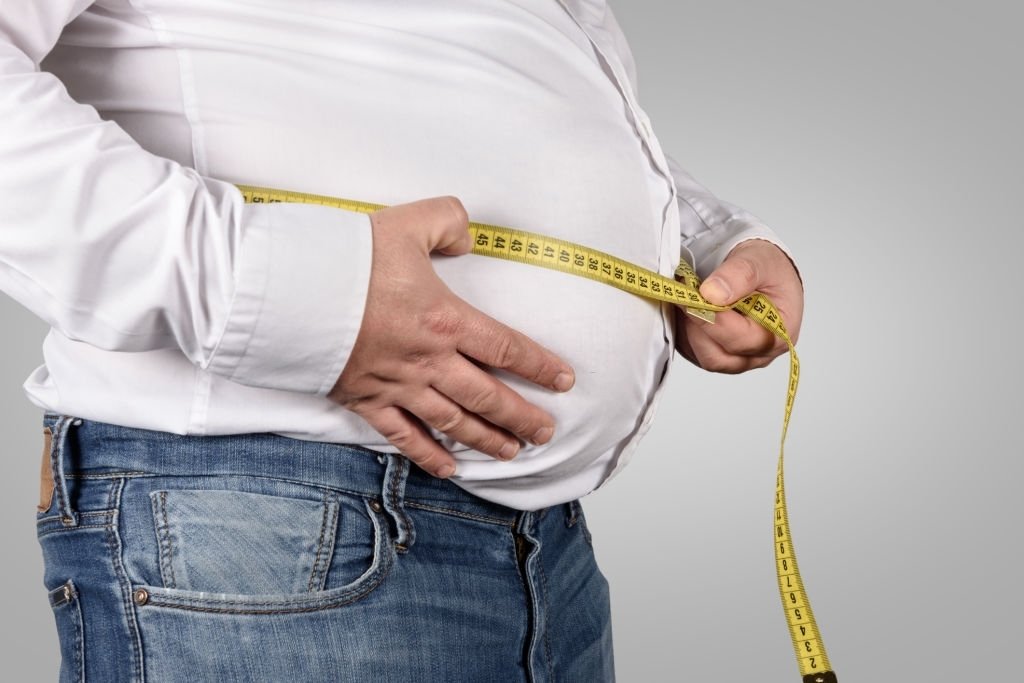Age Brings More Fat, Less Muscle
Older Americans face a “double whammy” when it comes to body fat, a new study finds.
Up until age 80, older adults gain fat but lose muscle as they age and, because of the obesity epidemic in the United States, many are already fatter when they enter their older years.
That extra fat increases their risk for arthritis, diabetes, heart disease, high blood pressure and disability, said study author Dr. Jingzhong Ding, an assistant professor of gerontology and geriatric medicine at Wake Forest University School of Medicine in Winston-Salem, N.C.
The findings are published in the current issue of the American Journal of Clinical Nutrition.
The researchers studied body composition changes — specifically the proportion of fat to lean mass (muscle and organs) — in 1,786 older adults from 1997 to 2003. The participants were aged 70 to 79 when they enrolled in the study.
“The study provides a better pictures of age-related changes in body composition, and it’s not a good picture. It demonstrates that up until age 80, both older men and women gained fat but lost lean mass each year. These age-related changes were compounded by the obesity epidemic,” Ding said in a prepared statement.
Ding’s team also found the participants who were born later, and therefore spent more years during the period when obesity was on the rise in the United States, had a higher percentage of body fat. For example, a man born in 1927 had about 10 pounds more fat than a man born in 1918.
“The combined effects of aging and the obesity epidemic results in bigger body size and less lean mass among the elderly,” Ding said. “This may lead to disability and other illnesses in the elderly, and could be dramatic in the coming years. It points out the great public health importance of developing appropriate interventions that target fat loss while preserving skeletal muscle to prevent disability and other obesity-related illnesses.”
Robert Preidt
